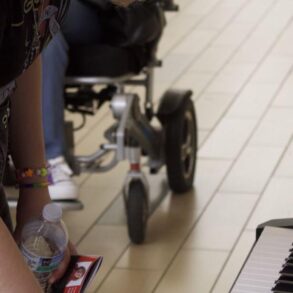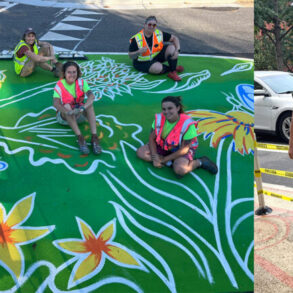David Zwirner has eliminated around ten staffers from a team of engineers and web developers hired in March last year to revamp the gallery’s online presence.
“We have significantly reorganized our digital team,” a gallery spokesperson told ARTnews in a statement. The change to its workforce comes more than four years after the gallery made expanding online a primary goal during the pandemic in 2020. In July of that year, the mega-dealer laid off 20 percent of its staff to make up for a shortfall in sales.
A gallery spokesperson said the team was reorganized after its staffers finished building a custom database and migrated its website to a new platform, a process that took around a year to finalize.
The most recent layoffs, which amount to three percent of the gallery’s workforce, come several months after Zwirner shuffled staff at Platform, a separate Zwirner-financed digital marketplace that partners with smaller galleries. Launched in 2021, Platform laid off two heads of content, and another full-time staffer from its ten-person team last fall, according to two former employees who spoke to ARTnews on the condition of anonymity.
By December, the small startup had trimmed its staff further to a mere five and pivoted its model, launching collectible products like jewelry, tote bags and sculptural editions by Josh Smith, Raymond Pettibon and Katherine Bernhardt, some of the biggest artists in Zwirner’s stable, occasioned by a glowing feature in the New York Times Style section.
In May 2021, when David Zwirner launched Platform, it was offering 100 works of art by contemporary artists each month at price points between $2,500 and $50,000. The concept signaled a departure from the conventional gallery model, with Zwirner intending to claim a 20 percent share of each sale on Platform. The dealer’s son, Lucas Zwirner, who spearheaded its creation, told the Times in an interview that the mega-gallery was investing in original editorial content on the site to give emerging artists beyond its roster exposure. It operated as another business, incorporated as a separate entity under David Zwirner Digital, LLC.
A year after the second funding round, the team was struggling to translate its concept into sales. According to internal documentation circulated to Platform’s ten-member team in May 2023 and reviewed by ARTnews, they consistently fell short of achieving the website’s sell-through rate goal of 50 percent, aiming to sell around fifty artworks each month. Monthly sell-through stagnated between 10 to 20 percent, increasing pressure on its managers to capture buyers.
Zwirner, according to a former member of the founding team, initially invested $5 million to launch the platform with Lucas as its creative lead, and in July 2022, a second funding round raised another $5 million from luxury investors to keep the start-up running. (Formerly overseeing editorial work at the gallery as its head of content and splitting his time with Platform, Lucas now serves in a senior position in the gallery’s sales department, according to Zwirner’s website.)
In response to questions about Platform’s staffing changes and new direction, the start-up told ARTnews in a statement that it currently has a staff of seven employees and said it had shifted its “core business,” to selling artist-designed products. It added its current sell-through rate is 89 percent, which would be a significant jump from the 2023 figures.
The recently laid off employees from the gallery’s digital team did not work on Platform’s online channels, a spokesperson confirmed.
This post was originally published on this site be sure to check out more of their content








